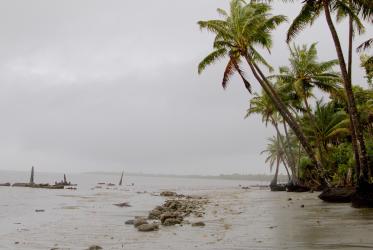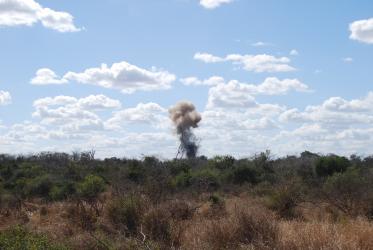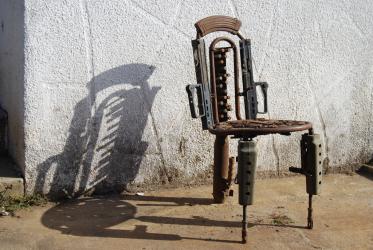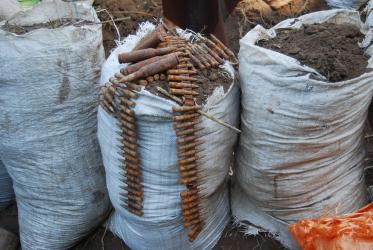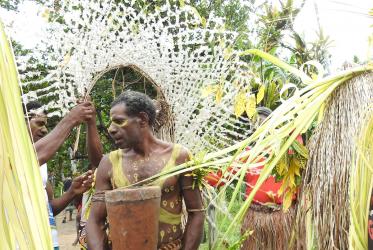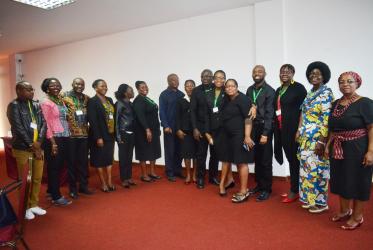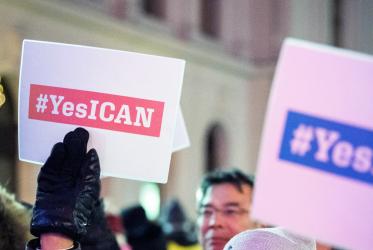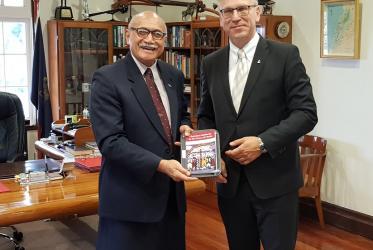Displaying 1 - 20 of 20
Churches should use their voice on climate change
26 February 2020
In Fiji, young people ‘walk the talk’ with advocacy
12 September 2019
New Executive Committee members elected in Trondheim
28 June 2016
Momentum builds for ban on nuclear weapons
16 December 2014


